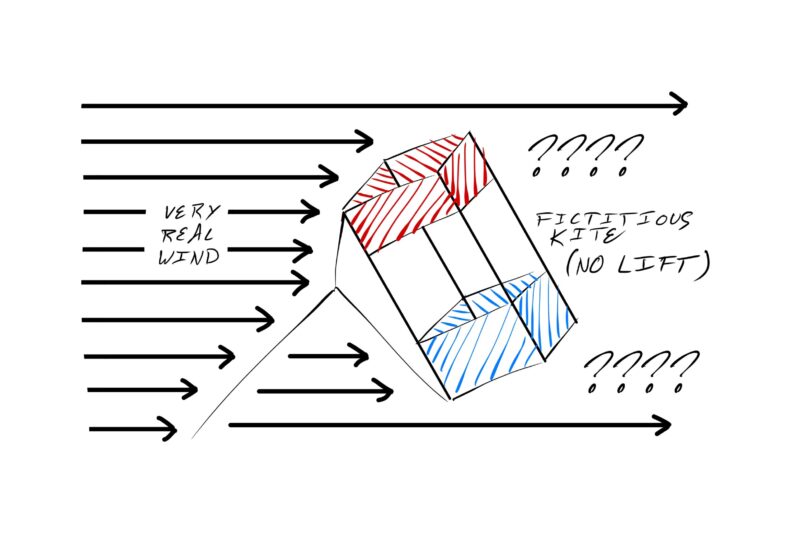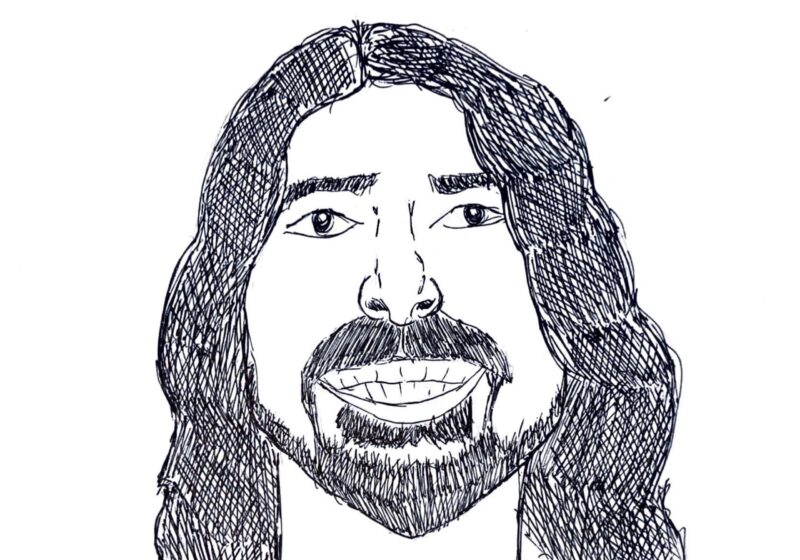A new University of Rochester Medical Center (URMC) study published last week has found that gluten-free diets are not an effective way to treat autism. The study, which was published in the Journal of Autism and Developmental Disorders, represents the most controlled research on autism and dietary intervention to date.
Dr. Susan Hyman, the study’s lead author and chief of the Division of Neurodevelopmental and Behavioral Pediatrics at URMC, stated that the research “found no evidence that gluten-free diets are effective in treating autism.”
The study, which tracked a group of children under the age of five over the course of 30 weeks, strictly implemented the gluten-free, casein-free diet for each child. A gluten-free and casein-free (GFCF) diet eliminates the daily intake of the naturally occurring proteins gluten (found in products such as wheat, oats and rye) and casein (which is found mostly in milk and other dairy products). Throughout the course of the study, these foods were then reintroduced into the children’s diets as a double-blind placebo-controlled challenge.
The children’s attention, sleep patterns, bowel movements and activities were recorded as the foods were reintroduced. A nutritionist monitored all of the children in the study over the course of the 30-week period.
In the first phase of the study, participants were fed a GFCF diet and enrolled in a behavioral intervention program. For the next 12 weeks, the children were given snacks containing gluten, casein, both gluten and casein, or a placebo, in a completely random arrangement. The snacks that were given to the children were designed in a medical prep kitchen to look, taste, and feel the same (even though the ingredients were different), and were disguised as traditional favorite foods such as brownies, cookies, yogurt and smoothies.
The distribution was designed so that no one observing the study—including the children, families and administering research staff—was aware of which snacks the child was receiving in a given week. After 30 weeks, researchers had observed no significant changes in the children whether they were given foods with or without gluten and casein.
Hyman cautioned in a URMC press release, “Though we didn’t find any effectiveness for GFCF diets, there are many potentially positive effects that diet can have on children with autism. The link between nutrition and behavior needs to be investigated further so families can make informed decisions.”
Teitelman is a member of the class of 2016.





